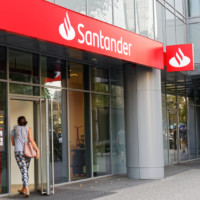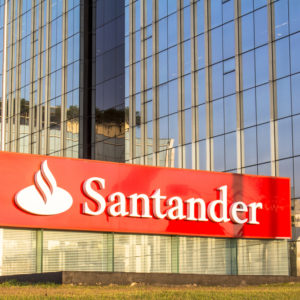Tag Result: Santander

Santander suggests stamp duty rebate and financial support for greener homes
Santander has urged the government to help households reduce energy loss and bills with th...

A fifth of first-time buyers are 40+, Santander says
Around 18% of first-time buyers are now aged 40 or over at a major high-street bank, with ...

Santander adds BTL trackers and cuts rates
Santander is releasing a range of buy-to-let (BTL) trackers and lowering select rates in i...

Santander ups large loan LTV limits and max borrowing amounts
Santander has made a number of changes to lending policy across large loan and interest-on...

Santander cuts rates; Landbay adds 80% LTVs – round-up
Santander has reduced select new business fixed rates.

Santander accepts Universal Credit as second income; Clydesdale refreshes rates – round-up
Santander has reviewed its affordability policy to allow Universal Credit benefits to be c...

Santander adds 95 per cent LTV; Co-op Bank adjusts rates – round-up
Santander has launched a two-year fixed rate mortgage at 95 per cent loan to value (LTV).

Santander adds three-year fixes for new builds
Santander has launched three-year fixed rate exclusive mortgages for new-build purchases u...

Ignoring first-time buyer obstacles will only deepen despondency – Krampah-Williams
It has been no secret that getting onto the property ladder has been getting increasingly ...

Santander brings out high-LTV new-build products
Santander has increased the maximum loan to value (LTV) for new-build houses and flats to ...





















